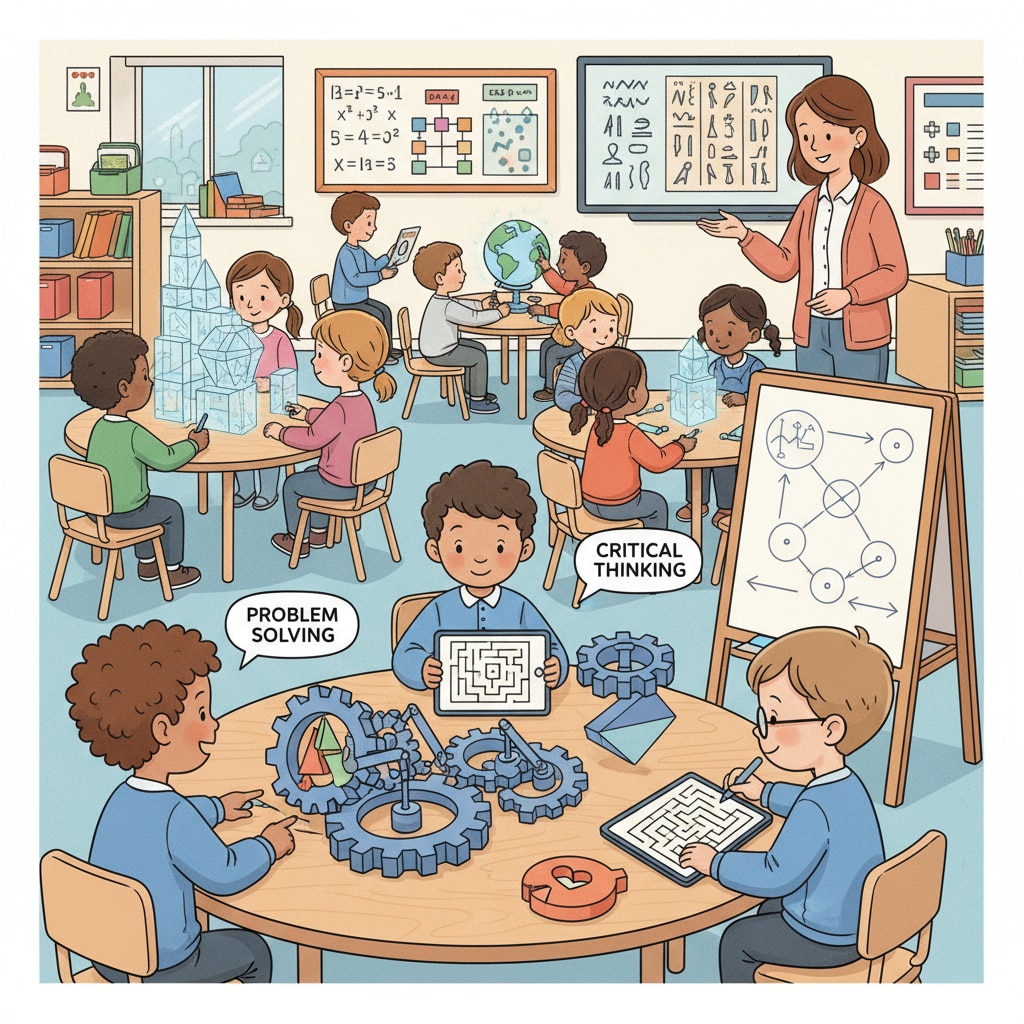The issue of gifted programs in kindergarten education has become a significant point of contention in the New York mayoral election, highlighting the complex interplay between educational equality and elite cultivation.

These programs have long been a part of the educational fabric in the city, but their future now hangs in the balance as candidates and the public grapple with questions of fairness and opportunity.
The Origins of Kindergarten Gifted Programs
The concept of gifted programs in kindergarten emerged as a way to identify and nurture students with exceptional abilities at an early age. According to Wikipedia’s entry on Gifted Education, these programs were designed to provide a more challenging curriculum that could meet the unique needs of these young learners. For example, they often include advanced reading, math, and problem – solving activities. However, from the start, there were concerns about how these programs would impact educational equality.

The Equity Dilemma
One of the main criticisms of kindergarten gifted programs is the potential for exacerbating educational inequality. While these programs aim to support gifted children, they may inadvertently create a divide in the educational system. As pointed out in Britannica’s education system overview, access to these programs is often determined by factors such as family income and parental education level. Wealthier families may be better able to prepare their children for the entrance exams, leaving children from disadvantaged backgrounds at a disadvantage.
In addition, the selection process for gifted programs may not accurately identify all talented children. Some children who could benefit from the advanced curriculum may be overlooked, while others who are admitted may not actually be as gifted as the system assumes. This raises questions about the fairness of the entire system and whether it truly serves the goal of educational equality.
The Role in Elite Cultivation
On the other hand, kindergarten gifted programs play a crucial role in elite cultivation. By providing a challenging environment from an early age, these programs can help develop the skills and talents of the next generation of leaders and innovators. They offer opportunities for children to explore their interests in depth and develop critical thinking and creativity. However, it’s important to ensure that this elite cultivation does not come at the expense of educational equality.
To achieve a balance, there needs to be a more inclusive approach to these programs. This could involve changing the selection process to be more holistic, taking into account a child’s potential rather than just test scores. It could also mean providing additional support to children from disadvantaged backgrounds to help them access and succeed in these programs.
Readability guidance: As we’ve seen, the debate over kindergarten gifted programs is multi – faceted. We’ve looked at their origins, the equity dilemma they present, and their role in elite cultivation. By understanding these aspects, we can work towards finding a solution that promotes both educational equality and the development of gifted children.


